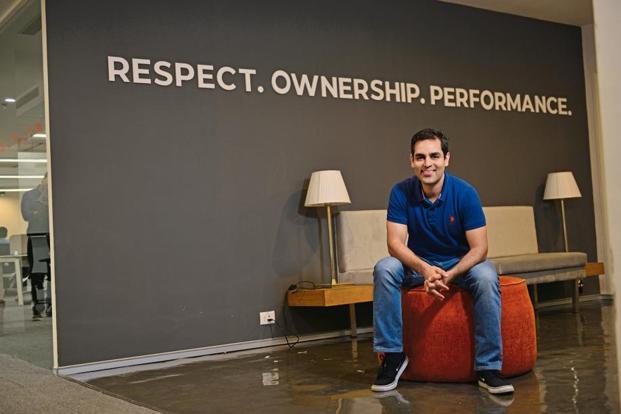Amy Ingram is a secretary. She sets appointments and meetings. She works for top-level executives, including CEOs, in the IT, start-up and finance sectors. If you work in these industries, you’ve probably received an email from her.
But Amy is not a real person.
“She” is the creation of x.ai, a US-based Artificial Intelligence (AI) start-up, and was built for one purpose: scheduling meetings. For people like Karthik Palaniappan, 38, CEO and founder of August Academy, a career counselling start-up in Chennai, who has to work with 40 clients a year and set up an average of 25-35 calls a week, the AI assistant is a bargain at $29 (around ₹ 2000) a month. “I run a consulting business and have online meetings with clients from across the globe in different time zones. That’s two or three iterations before a meeting is set, which is quite cumbersome. With Amy, I’ve offloaded this mundane task,” he says.
Now all Palaniappan has to do is copy Amy on an email conversation with a client—the AI assistant takes over the scheduling part of a meeting seamlessly. Other than the ease, what he likes is that his contacts follow up with Amy thinking she’s a real person.
“Ninety per cent of the time, if I don’t tell the other person that Amy’s a bot, they don’t recognize from her emails that she’s a digital assistant,” he says.
This makes clients feel he is making an effort to set up an appointment rather than delegating it to an app.
I want to speak to Amy
Every other day, clients who come to meet Ankur Warikoo, co-founder and CEO of Nearbuy, a hyper-local start-up based in Delhi, ask for his assistant Amy. “While almost 40% of the clients who come to my office to meet me ask for Amy, almost 70% of new employees we welcome ask for Amber, the lady who works in human resources,” laughs the 38-year-old. Amber is an HR chatbot created by Gurugram-based InFeedo, a company that uses AI in HR functions. “Amber is a friendly spokesperson and a good listener, while Amy is polite and manages my calendar,” he says.

As our phone screens, messaging apps and websites get inundated with chatbots, their “personality”, or “conversational interface” as the user-interface design industry calls it, is the differentiator for brands and users alike. Amy’s personality (or her “brother” Andrew’s, who differs from her only in name) can change from courteous to friendly, depending on the situation. This is a major reason why people, too, respond with polite “thank yous” and “dear Amys”.
Thank you, Amy helps
For Dennis Mortensen, CEO and founder of x.ai, a “thank you” mail is a marker of a job well done by the AI assistant. “We decided early on in our product (development) that we needed to humanize Amy and Andrew, give them names, key character traits, to the point where they even have LinkedIn profiles so the host and guests interact with Amy or Andrew as they would with a human assistant,” says Mortensen in an email interview.
Read the whole article on Livemint.com

